Photos: Video Screenshots (Rodney Greene, shown above and below, was dragged and beaten to death by lying Louisiana State Police officers who told Greene’s family that he died by crashing into a tree.)
NEW ORLEANS – Justice Lab, the ACLU of Louisiana’s campaign against racist policing, marked its third anniversary this summer, litigating its 55th case. Founded in June 2020 following the murder of George Floyd, Justice Lab works through litigation, advocacy, and storytelling to hold law enforcement accountable for violent misconduct that is disproportionately inflicted upon Louisianans of color.
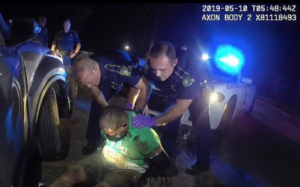
“Americans across the political spectrum recognize that racist policing doesn’t result from a few ‘bad apples.’ It is a systemic issue that demands transformational reform,” said Nora Ahmed, legal director for the ACLU of Louisiana. “Bringing together hundreds of attorneys from across the nation dedicated to working thousands of hours pro bono, Justice Lab reimagines what civil rights litigation and storytelling against law enforcement look like. In doing so, over the past three years, we have achieved once unimaginable legal victories against police departments in Louisiana that for too long escaped judgment and scrutiny. In representing our clients and amplifying the perspectives of our storytellers, Justice Lab gives victims of racist policing a critical voice in narratives that frequently erase their humanity and paint them, not the law enforcement officers who harmed them, as perpetrators of illegal conduct.”
In its first three years, Justice Lab has provided a substantive check on police misconduct, clarifying how the vestiges of slavery and racism contribute to the dire reality that people of color face when interacting with police. Most cases focus on the traumatic impact of police encounters that fall short of maiming or killing. The program’s litigation has resulted in landmark progress toward combating both qualified and absolute immunity, virtually impenetrable doctrines that, when defeated, provide a critical step in holding law enforcement accountable for harms suffered by Louisianans. Take, for example, the case of Gregory Bledsoe, the plaintiff in Justice Lab’s 31st case and a 65-year-old Shreveport man who was wrongfully arrested, jailed, and maliciously prosecuted for a crime he did not commit.
As alleged in the complaint, Mr. Bledsoe was an independent contractor working for a property management company who was sent to repair a tenant’s window after a break-in. He cut himself during the repair. When Officers, who had previously investigated the scene and collected fingerprints, came to re-interview the tenant, they collected a newly-identified blood sample from the window where Mr. Bledsoe had cut himself. Officers used that blood sample as a basis to charge Mr. Bledsoe for the break-in.
Mr. Bledsoe was arrested, pleaded not guilty, and was released on bond. After release, Mr. Bledsoe obtained documents from the property management company demonstrating that he was authorized to be at the property to repair the broken window. In spite of this evidence, the Caddo Parish District Attorney continued a malicious prosecution of Mr. Bledsoe for more than six years. During that time, he was incarcerated for nearly two years without a trial.
In March 2023, the Honorable Elizabeth Erny Foote of the U.S. District Court for the Western District of Louisiana denied both qualified and absolute immunity defenses to malicious prosecution pled by the Shreveport Police Department officers who arrested Mr. Bledsoe and the Caddo Parish Assistant District Attorney who prosecuted him.
This notable ruling in Mr. Bledsoe’s case puts the Justice Lab initiative at 38 hard-fought legal victories: twenty qualified immunity wins, one absolute immunity success, defeating four alleged Heck or standing bars to litigation, two Monell policy wins, ten settlements, and an offer of judgment – all achieved between the final quarter of 2022 and the first half of 2023.
To date, with the help of 50 partnering law firms, 20 law school legal clinics, and hundreds of volunteers, Justice Lab has published dozens of narratives from individuals who have experienced brutality at the hands of police, authored multiple volumes on court dockets, and initiated a successful call for the Department of Justice to investigate the Louisiana State Police’s pattern and practice of racist policing – the first investigation of a state police agency in 20 years. The Justice Lab team has also published a manual for communities and organizations seeking to replicate the program in other areas across the country.
For more information, visit aclujusticelab.org.
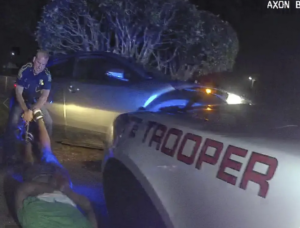
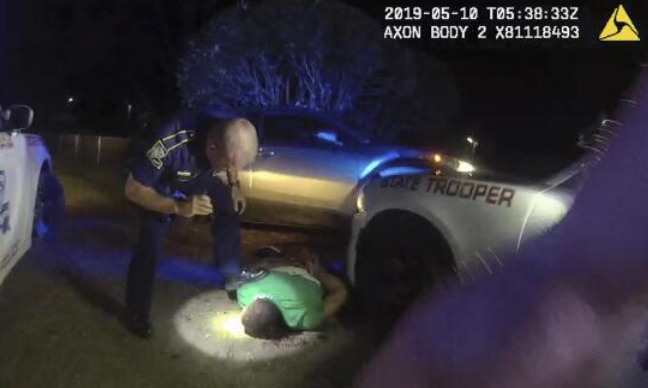

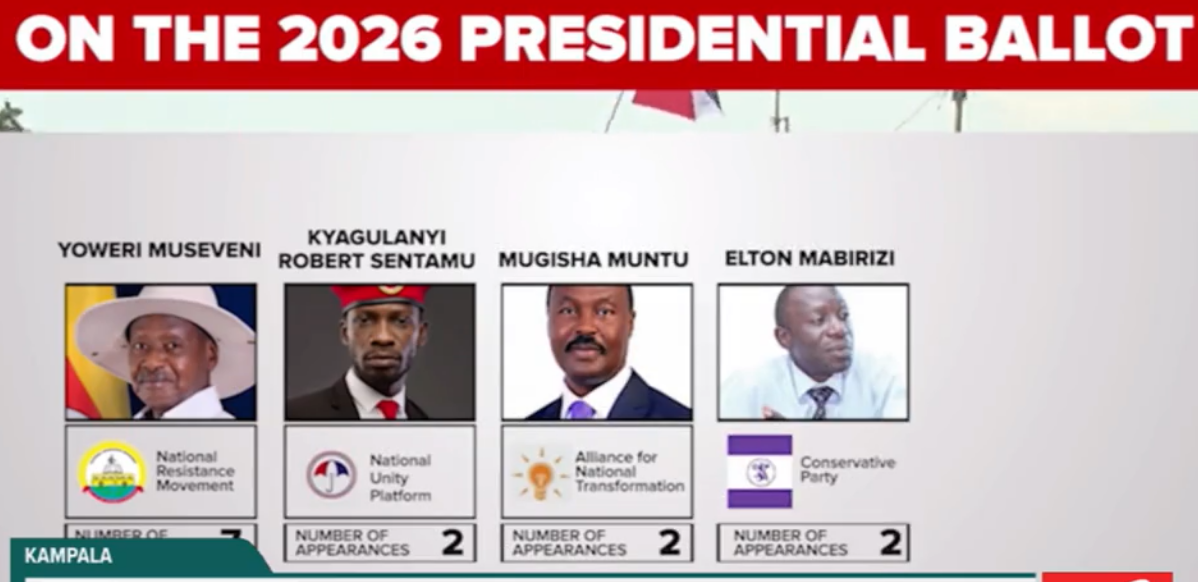
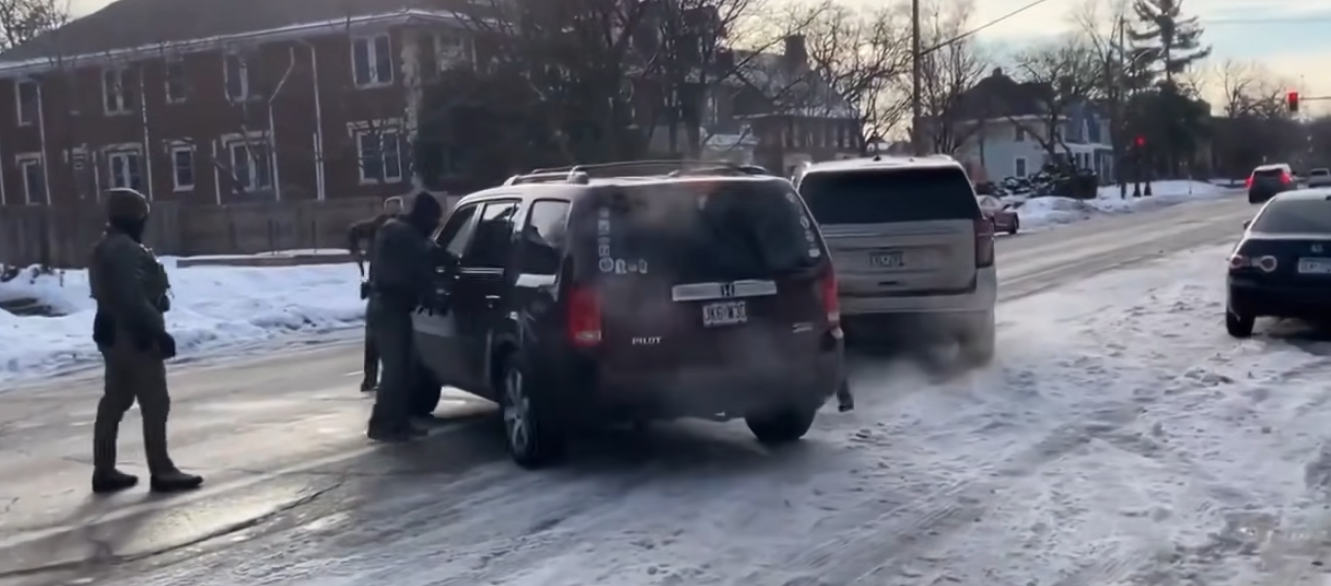




Comments are closed.